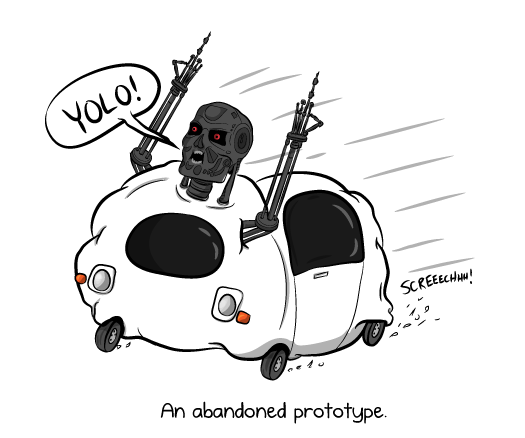Russell Brandom explains why a slight change of wording in a recent court case may have handed the Motion Picture Association of America (MPAA) exactly the kind of power they’ve been demanding to crack down on piracy and “infringement”:
Hollywood’s war on piracy has reached a strange impasse. While the MPAA and others have launched lawsuits against US-based infringers, reaching offshore torrent sites like Isohunt and The Pirate Bay is still a slow process, and whenever a site is taken down, others quickly pop up to fill its place. As a result, the MPAA has consistently pushed for the power to block infringing sites from the internet: first by pushing for new laws like SOPA in 2011, then through a series of novel legal tactics. The fight has pitted them against some of the most powerful companies on the web, and drawn them into a long, secret battle with Google.
But leaked documents show that Hollywood has a new secret weapon in the fight, a little-known legal venue that’s poised to take on new powers over the digital realm. It’s called the International Trade Commission, a quasi-judicial agency that regulates imported goods as they enter the country. Traditionally, that means physical goods — if you want to ship in a boatload of fake iPhones, the ITC is the agency that will stop you — but the ITC recently gave itself the power to rule on data as it crosses US borders, as a result of a complex 3D printing case. If the ruling holds, it could have huge implications for the way data moves across the global web, and give the MPAA the site-blocking powers it’s been grasping at for years.
The heart of the case is a company called ClearCorrect, which 3D prints clear plastic braces custom-designed for each patient’s teeth. Much of the technology involved in the process is already under patent, but ClearCorrect has gotten around those patents by farming out its intricate computer modeling to an office in Pakistan. That modeling violates a number of US patents — and if ClearCorrect were shipping back the resulting braces in a box, it would be a simple case: the goods would be contraband, to be stopped at the border. But instead, ClearCorrect is only transmitting digital models from Pakistan and printing out the braces in local offices in Texas. The only thing coming in from Pakistan is raw modeling data. So what’s a trade commission to do?
In April of last year, the ITC arrived at an answer with huge repercussions: stop the data at the border. The ITC is only supposed to rule on “articles,” which has usually been taken to mean physical goods, but last year’s ruling took it to include data too. That gives the ITC the power to stop ClearCorrect’s contraband braces data at the border, but it could have far greater implications. If a web service like Gmail or Facebook ends up on the wrong side of a patent dispute, the court could potentially forbid the service from transmitting data into the US until the dispute is resolved — making the cost of a losing a court battle astronomically higher. It would also require powerful new tools for monitoring data as it crosses national borders, a fundamental break from the international structure of the web. Aware of the huge issues at stake, the ITC stayed the ruling until the Federal Circuit weighs in later this year — but already, legal groups are reeling from the possible consequences.





